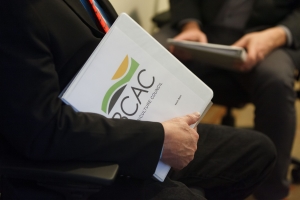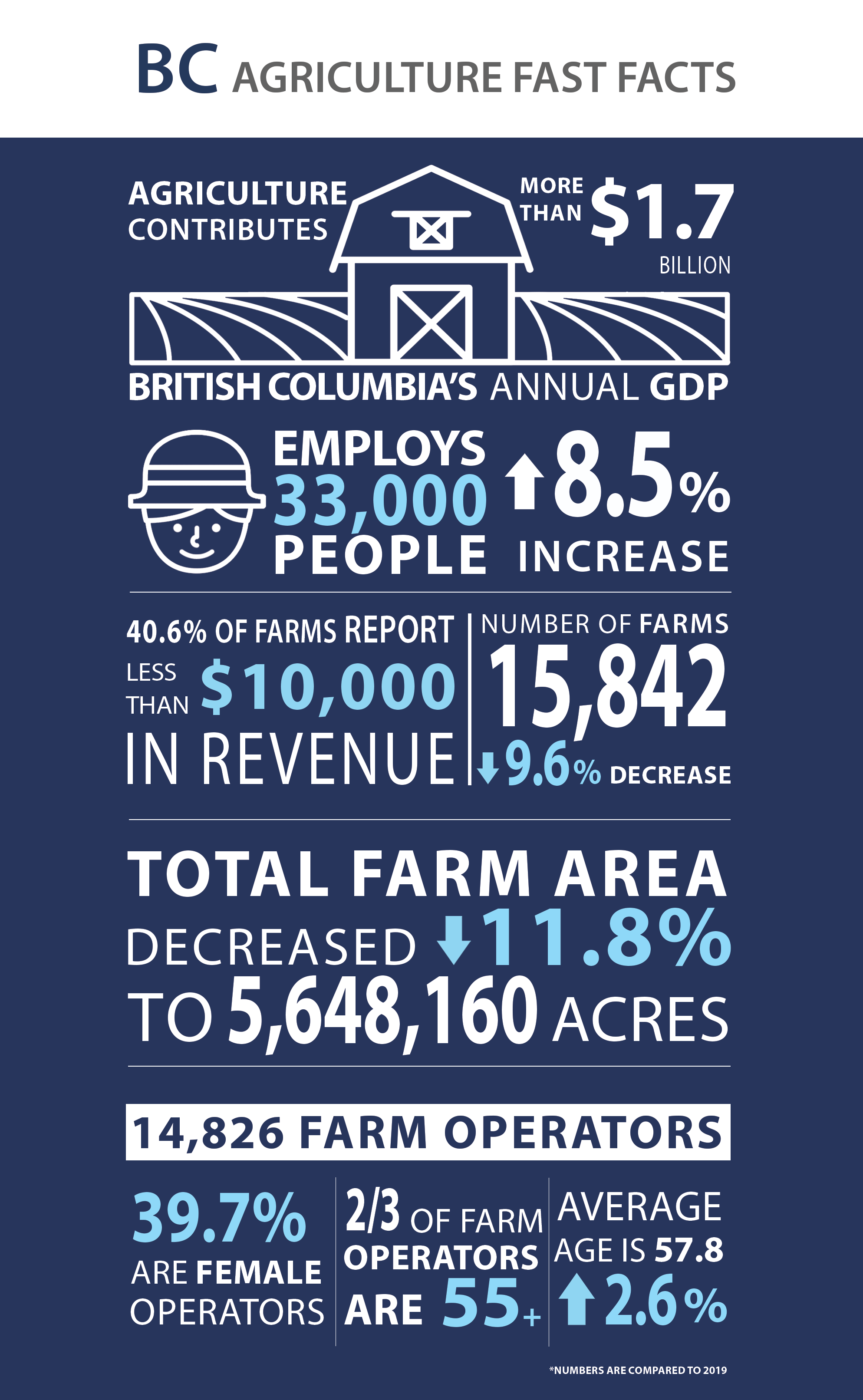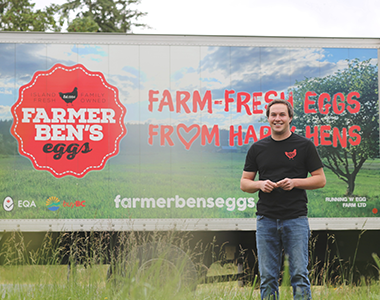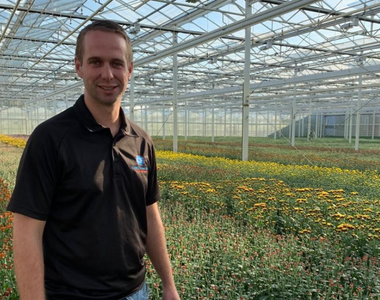Premier’s Task Force Announced in Mandate Letters to Grow the Profitability of B.C.’s Agriculture Sector
ABBOTSFORD, B.C. – January 16, 2025: Today, Premier David Eby released his governments’ mandate letters outlining very high-level commitments and broad policy directions for each ministry, emphasizing collaboration with industry and communities to strengthen the province’s resilience. Cabinet ministers are all being directed to internally review all existing programs, focus on growing B.C.’s economy and protecting vital public services in the face of global economic uncertainties.
As the lead industry advocate for B.C.’s farmers and ranchers, BC Agriculture Council (BCAC) has reviewed each of the mandate letters and identified key government priorities that align closely with our 2024 election priorities.
The following highlights reflect how Minister Popham’s mandate for the Ministry of Agriculture and Food aligns with BCAC’s sector priorities:
- Sector Priority: Developing a Provincial Agri-Food Competitiveness and Growth Strategy
Mandate Commitment: “Help grow the profitability and success of our agricultural sector by ensuring close connection between agricultural stakeholders and government policy makers through a Premier’s Task Force.”
- Sector Priority: Increasing Food Security and Affordability
Mandate Commitment: “Expand affordability and food security in the province by working with farmers to find ways to control costs for them and for the B.C. families who rely on their products.”
- Sector Priority: Water Security for Agriculture and Long-term Water Storage Solutions No specific mandate letter commitment for Ministry of Agriculture and Food and no commitment to establish an Agriculture Water Reserve. In Ministry of Water, Land and Resource Stewardship, there was the following:
“Work with communities affected by drought, or expected to face water shortages, to support community-based priority setting between industrial, agricultural, residential, and environmental uses for water. Ensure better coordination between water regulators and local communities in advance of drought to support effective response during an emergency.
- Sector Priority: Prioritizing Agricultural Land
Mandate Commitment: “Ensure a continuation of public support for the Agricultural Land Reserve (ALR), including protection of B.C. families from food price shocks and promotion of financial success for farmers.”
- Sector Priority: Supporting Farmers During Emergencies
Mandate Commitment: “Work with farmers and food producers in the Okanagan Valley who have been impacted by significant weather-related crop loss.”
- Sector Priority: Food Processing Capacity
Mandate Commitment: “Encourage the growth of the food processing sector to enhance B.C.’s food security.”
“The announcement that a Premier’s Task Force will be established was very welcome news to us,” says BCAC President Jennifer Woike. “The B.C. agriculture sector is at a turning point – on one hand primary production continues to contribute to steady growth, however the long-term viability of farming in our province faces several significant challenges and the pressures continue to rise. BCAC worked hard to advocate on sector-wide priorities in advance of the election and we look forward to supporting the work of the Task Force and collaborating with Minister Popham and Parliamentary Secretary Harwinder Sandhu on their priorities on behalf of B.C.’s farmers and ranchers.”
While some of the sector’s key priorities such as agriculture water reserves, the groundwater licencing system, access to labour, were not explicitly mentioned in any mandate letters, more details will be shared in the coming weeks and BCAC will continue to share additional information as it becomes available.
View the full list of Minister Mandate letters here.
-30-
For more information:
Daniella Reid
Public Affairs
T: (604) 644 3641
E: communications@bcac.ca
About BC Agriculture Council: BCAC’s mission is to grow a strong, sustainable and competitive agriculture sector through building industry consensus and advancing public policy. This is achieved by delivering a unified voice for the sector to government through member farm associations that in turn represent approximately 96% of provincial farm gate sales.














